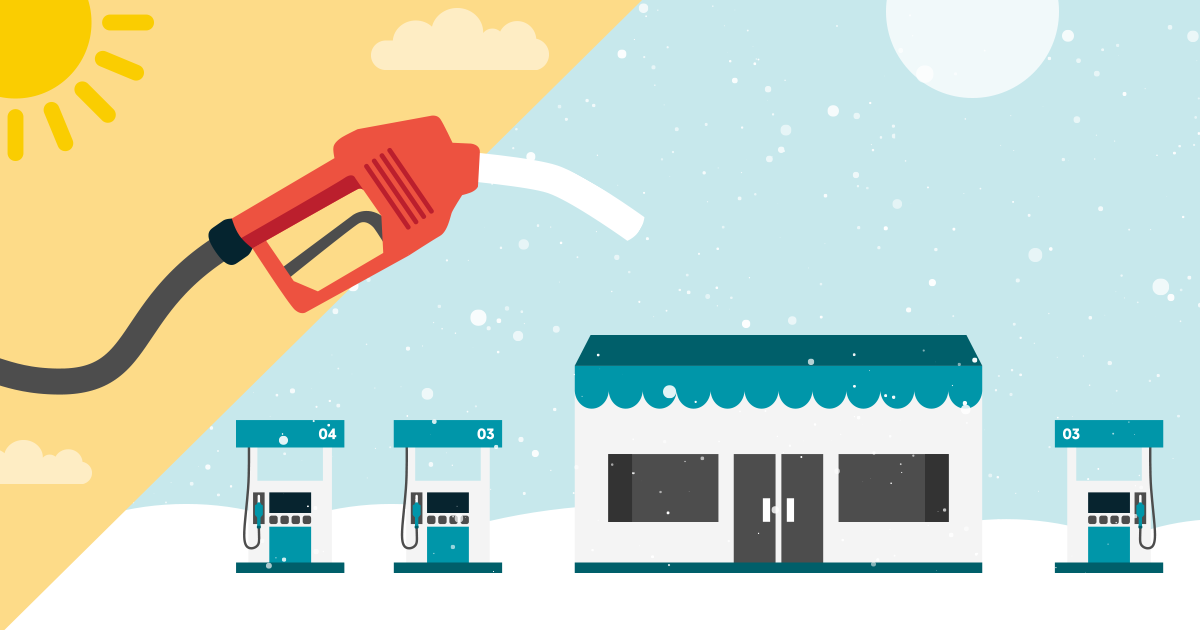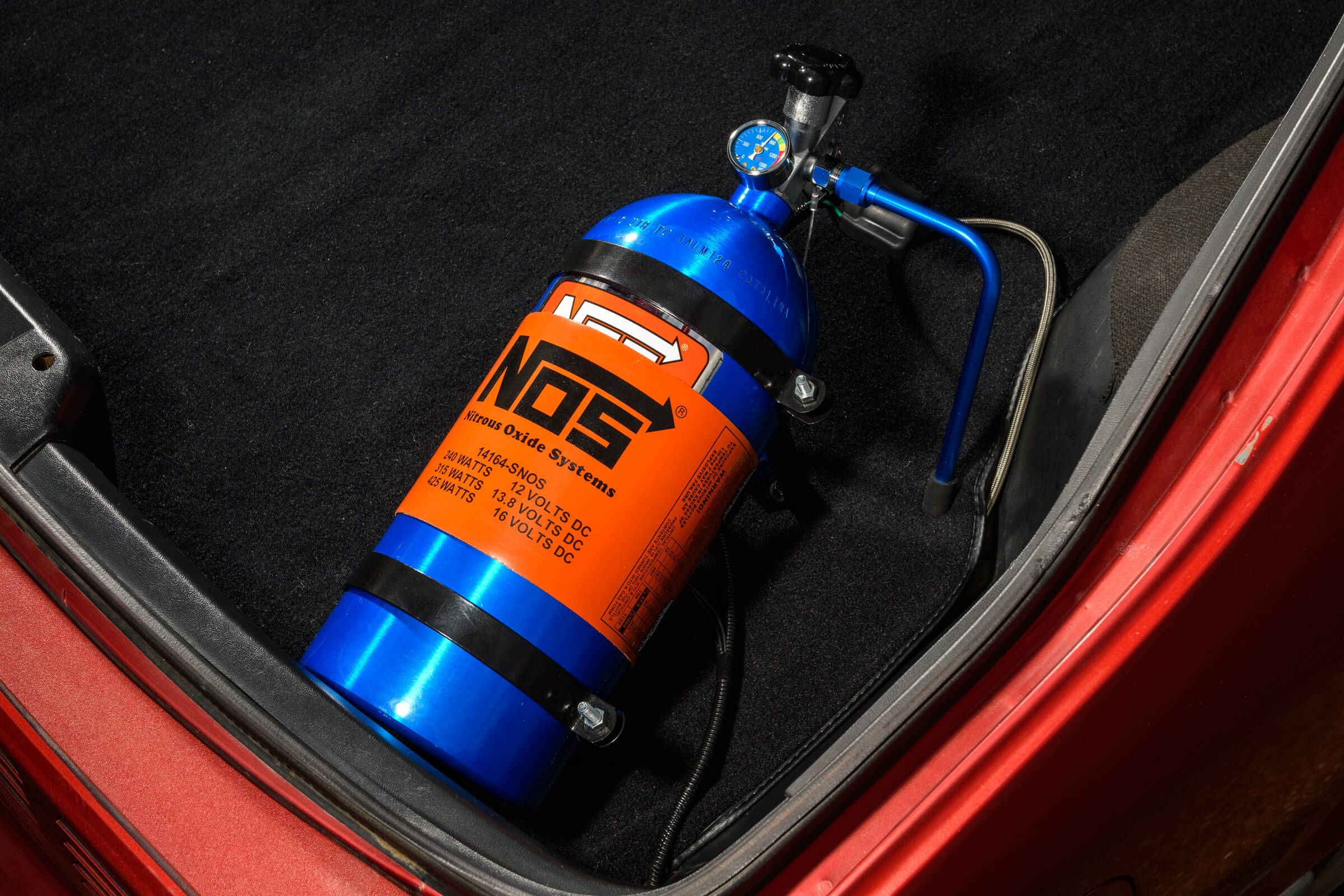Have not noticed in previous 2 years. This winter no matter what can not get above 16-17 mpg vs. 18-19. Same driving style, same route, same gas, same everything except for poorer mileage.
After reading AAA article i now know what caused this winter drop in mpg . Apparently winter blend gasoline is a culprit.
is it mandatory to sell winter blend in NJNYPA area during winter ? Can i find summer blend
After reading AAA article i now know what caused this winter drop in mpg . Apparently winter blend gasoline is a culprit.
is it mandatory to sell winter blend in NJNYPA area during winter ? Can i find summer blend













